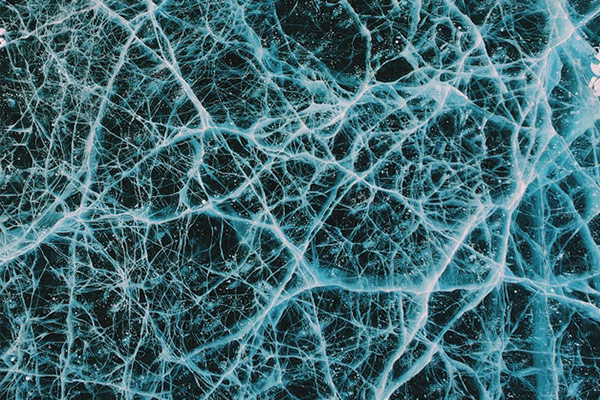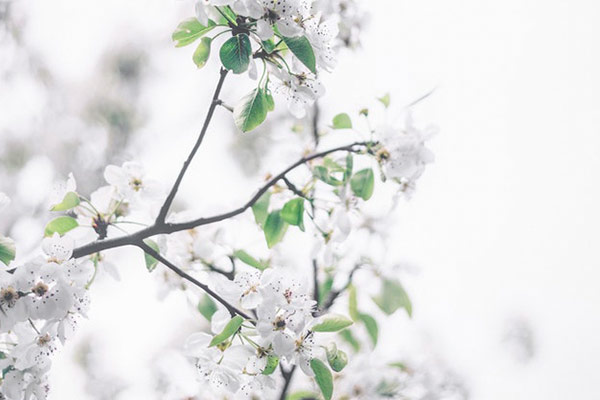Secondly, since we know everything is illusory, we are all in the midst of a dream. The difference is our dreams at night are generally short, whereas our dream in this world of samsara is comparatively long. When we reach the end of our lives and look back, we will find all the circumstances in life are as illusory and unreal as the dream we had the previous night. Hence, we should not grow overly attached to wealth, to relationships, etc. — things we think we can be attached to.
~ Depicted from ARE U READY FOR HAPPINESS : The Significance of Buddhist Philosophy Today











